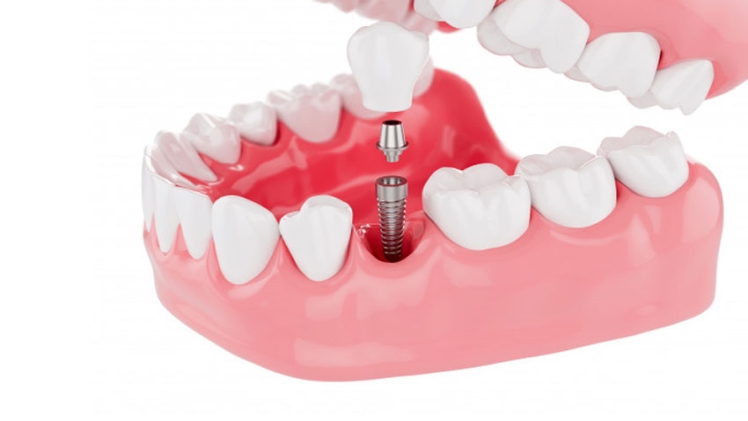Implants are an amazing option for tooth replacement, but they are expensive. Before you start looking into the procedure, there are some things about teeth implants that you should know. It is not true that you need to replace all your teeth in order to get implants; in fact, many people can successfully receive single implants and function well with a fixed bridge or removable denture.
If there is a lot of dental decay, it may be better to do a bridge or full dentures instead. Not only will you get the implants that you need to replace teeth, but also save your other healthy teeth from being pulled.
There are different factors affecting the cost of dental implants.
The cost of the surgery
The type of surgery and the number of implants needed to replace your missing teeth can affect the cost. If you need an extended implant surgery, the doctor may need to make cuts in your gums and jawbone to get the implants secured. Any time there is cutting involved in a surgery, it will increase the overall price of the procedure.
The type of implants used
There are various types of implants, and the price varies depending on each. To determine which implant is best for you, talk to your dentist or oral surgeon about what options will work best with your jaw structure and other teeth. The more teeth that are being replaced, the more expensive an implant may be.
The cost of dental materials
Dental Implants are made out of titanium metal, which is strong and biocompatible. The material alone makes the implants more expensive than other tooth replacement options, such as bridges or removable dentures. This is because it is easy for titanium implants to fuse with the jawbone, which leads to a higher success rate for the implants.
The cost of proper care
If you decide to get implants, you will have to follow a rigorous oral hygiene routine that includes brushing and flossing around your implants daily in addition to your normal routine.
Over time, implants can collect plaque and tartar like regular teeth because they are in the same environment. This will increase your chances of potentially having gum problems around your implants. Gum disease is the leading cause of tooth loss.
The cost of your dentist
Your oral health and smile are among your most important assets, so it’s worth it to invest in a top dentist to help you with implants. You may find a less expensive office, but keep in mind that you get what you pay for.
If you are searching for a cheaper dentist, make sure to check out their qualifications and experience before signing any documents or making any financial agreements.
The cost of your time
Implants can take multiple months to complete because it is considered an extensive surgery. The dentist has to figure out how many implants you need and where they will be placed. He or she will then affix the implants to your jawbone with screws, which takes anywhere from 3-6 months for the bone to fuse to the implants. You will need to go back home and wait for the bones to heal before you can get your permanent teeth attached.
The cost of replacement
It is important to remember that dental implants are not like natural teeth. They can and do fail and they also don’t last forever. If one of your implants fails, you will need to get it re-implanted, which can cost anywhere between $1,500-$10,000. This is because the implants are not considered a lifetime investment like natural teeth.
Closing Thoughts
In the end, when it comes to dental implants vs. other tooth replacement options, there is no right answer. It’s up to you and your dentist to decide what will work best for your specific situation. Keep in mind that there are several variables to consider when addressing dental implants, so it is important to have all the facts before making your decision. Learn more information about this topic.
If you have more questions about implants, talk to your dentist. He can go over all of your options with you so that you can make an informed decision about which procedure will work best for you. If you choose to get implants, there are ways that you can save money on the procedure. Ask about financing or look into whether or not your insurance will help pay for the procedure. You can also ask about any discounts or cashback offers that may be available to you.

